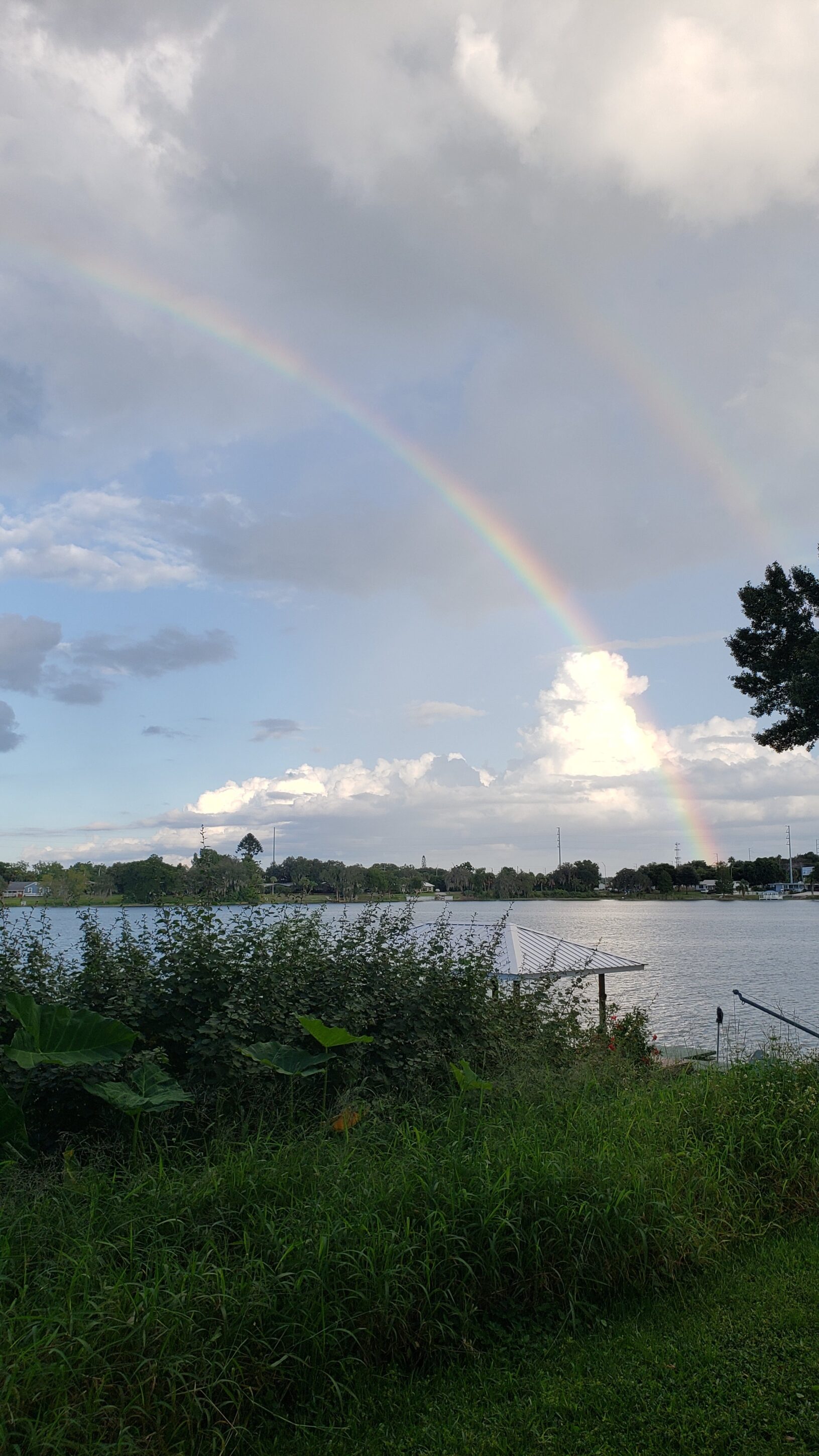The grave (Sheol in Hebrew) is not the subject of family and friends parties. Most people do not like thinking about the end of our physical life. The one who brings up the subject will find themself alone in a crowd of lifetime acquaintances.
Two occasions exist when we ponder the eventual end of our physical life. Usually, it is a funeral of a family member or friend. Then there is the occasion when all are so hopeless and distraught that we consider ending our life. Such events can compel us to reach out to someone to help us understand and believe that hope exists beyond Sheol’s pangs.
Yesterday while walking on a rip tide beach during a much-needed week vacation I learned of lifeguards rescuing a family from knee-deep churning Gulf of Mexico waves. The forty-eight-year-old mother did not survive. Sheol doesn’t consider a person’s circumstances when feeding its unquenchable hunger pains. Her husband, children, and friends are asking, “Why?” and hoping for a happy life after physical death. Now is the time to consider what happens when Sheol becomes hungry for me.
The wicked are people who forget God. Forgetting in verse 17 is not completely erasing God from my memory. Rather forgetting is knowing that God exists, but not maintaining loving and respectful attention to him. This is wickedness. Those who do not choose to know God in life, will not know him in death.
The needy and afflicted are often forgotten by others. Family and friends do not necessarily erase them from memory. Rather, they do not maintain a loving and respectful relationship with them. (1 John 3:14) This is especially true if the needy and afflicted maintain a relationship with God who holds life and death in his hands. (Revelation 1:18) “…the needy will not always be forgotten, nor the hope of the afflicted ever perish.” When hopeless and distraught come, don’t let these tricks of Shoel consume the soul. Rather, let Jesus, the defender be my hope of happy life after death.


